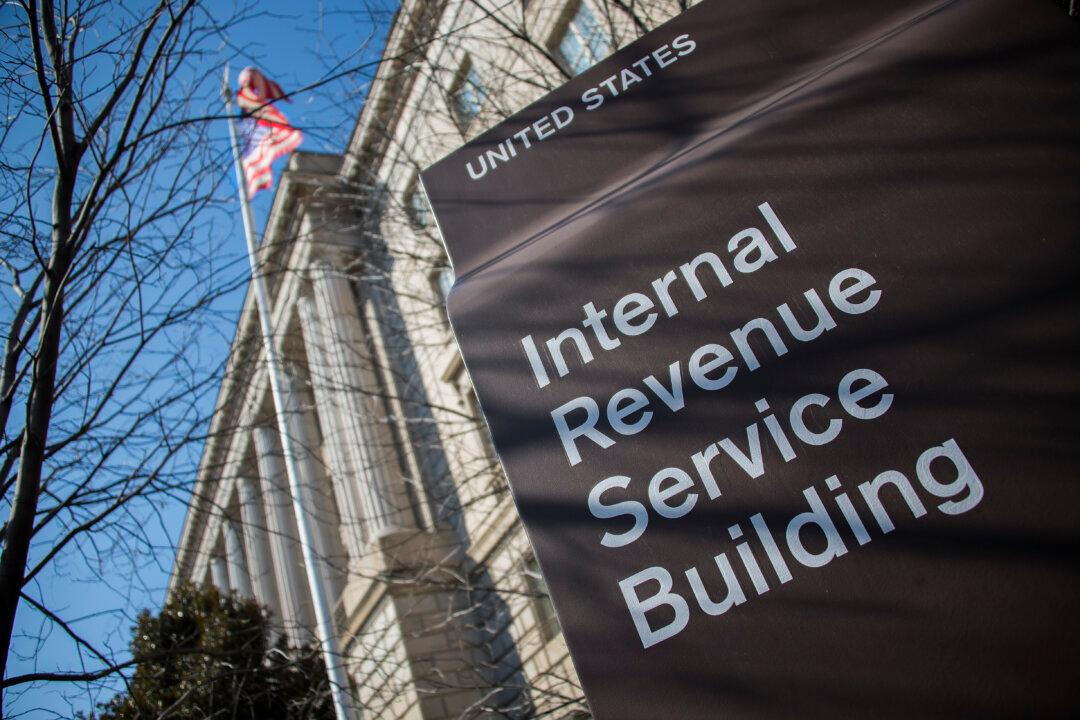Joining the ranks of some major private companies, the U.S. House of Representatives’ chief administrative officer announced that the House will not be implementing President Trump’s payroll-tax deferral for its employees.
The lower chamber “determined that implementing the deferral would not be in the best interests of the House or our employees,” Philip G. Kiko, the chamber’s chief administrative officer, said in an email to employees. “As a result, we will not implement the payroll tax deferral.”





